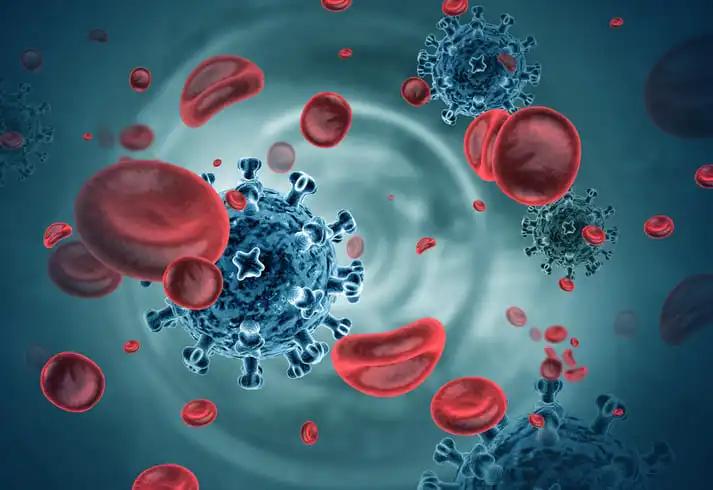KEY TAKEAWAYS
- MODEL-ABC is an observational study that evaluated the feasibility of using MOS from ABC samples as a drug screening platform for a precision oncology trial.
- MOS was generated from biopsies and treated with 7 SOC chemotherapies. Patients received single-agent chemo, and MOS were treated with the same chemo + 1to3 alternative chemos.
- The study concluded that the MOS platform can quickly and efficiently test drugs in ABC patient samples.
MicroOrganSpheres (MOS) are a new type of assay that could help guide treatment for patients with advanced breast cancer (ABC). Researchers aimed to evaluate the feasibility of using MOS from ABC samples as a drug screening platform for a precision oncology trial (MODEL-ABC).
A proof-of-concept study on 21 ABC samples generated MOS for drug screening. The study enrolled patients to assess the feasibility of using MOS to predict response to single-agent chemotherapy, testing various drugs, including carboplatin, capecitabine, paclitaxel, eribulin, liposomal doxorubicin, gemcitabine, or vinorelbine.
The study demonstrated a 90% success rate in generating MOS from 19 out of 21 breast cancer samples. Dose-response curves were successfully generated for 7 chemotherapies within an average turnaround time of 21±7 days, validating the clinical applicability of MOS. The trial has enrolled 4 out of 15 patients as of February 14, 2023, and all biopsies provided sufficient tissue for MOS generation. Results correlating MOS drug response with patient outcomes will be presented at an upcoming meeting.
The study concluded that their platform efficiently establishes MOS from ABC patient samples, enabling drug dosing studies within 14 days and supporting potential diagnostic use.
Source: https://ascopubs.org/doi/abs/10.1200/JCO.2023.41.16_suppl.1107
Clinical Trial: https://classic.clinicaltrials.gov/ct2/show/NCT04655573
David Graham, Gabrielle Rupprecht, Wylie Watlington, Jaycee Cushman, Angelica Montalvo, Samantha Womack, Caroline Morales, Samantha M. Thomas, Steven Metzger, Xiling Shen, and Jeremy Meyer Force Journal of Clinical Oncology (2023) 41:16_suppl, 1107-1107.



